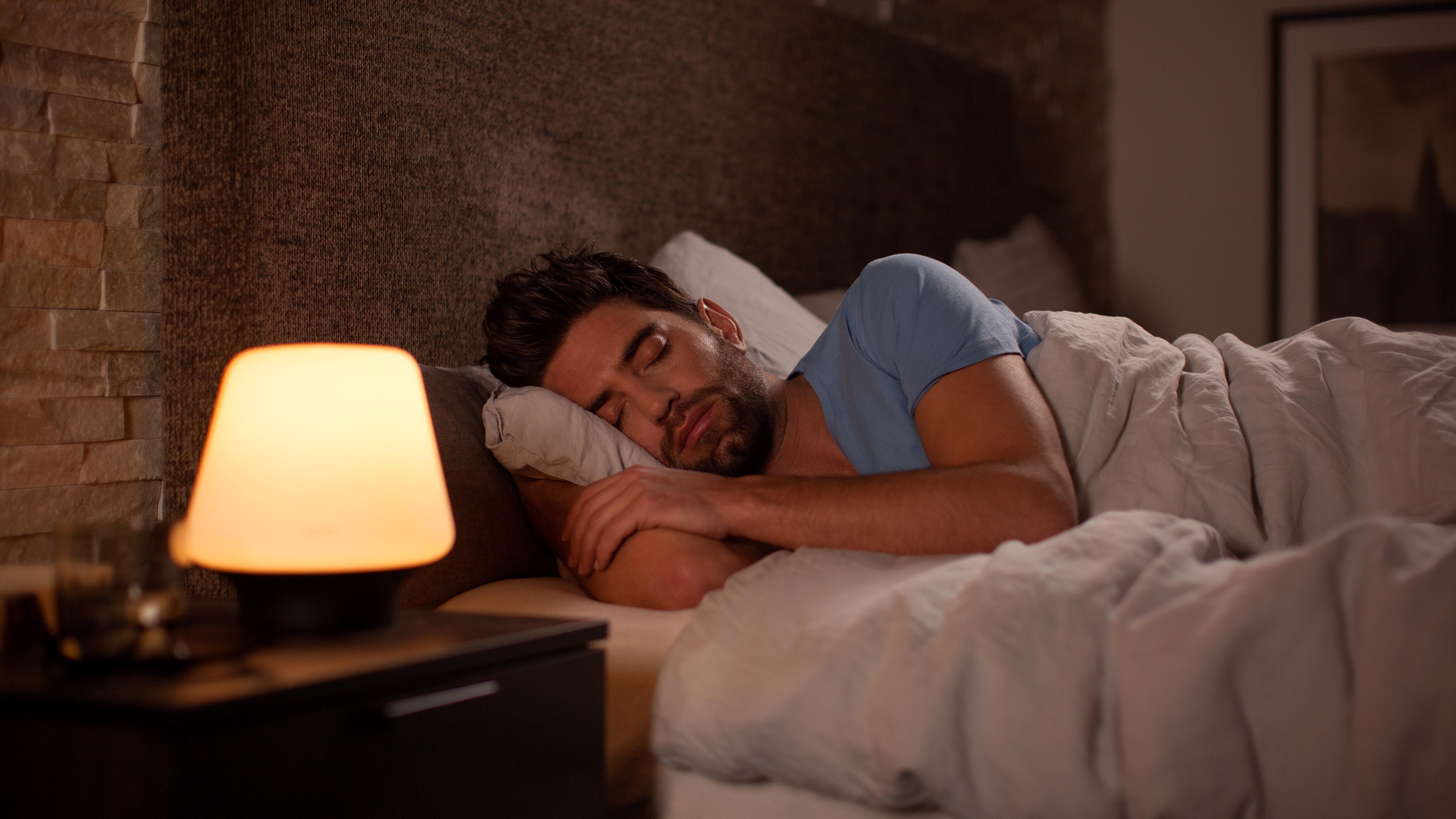This new lightbulb will give you energy during the day, and help you sleep at night
Ambient vibes

Sign up for breaking news, reviews, opinion, top tech deals, and more.
You are now subscribed
Your newsletter sign-up was successful
Philips' family of smart lighting products have gotten a new member in the form of the Philips Hue white ambience light bulb.
The bulb's focus is on providing a bright, natural-looking light which the company claims will help users feel more energised throughout the day. The bulb is also capable of outputting a warmer shade of light in the evenings which should help you get to sleep.
When combined with the routines function introduced in the last Hue app update, the bulbs can be set to automatically brighten throughout the day to give you more energy, and then dim at night to help you sleep.
Sleepy lighting and moody lighting
Scientists are increasingly recognising the effect lighting can have on the human psyche.
People are recommended not to use a screen within an hour of going to bed because of the way the blue light can trick the brain into thinking it's earlier in the day and can hence interfere with sleep.
In response, programs such as f.lux have been introduced, which turn give your screen an orange tinge after sunset to prevent it affecting your sleep. Apple introduced similar functionality in its recent iOS 9.3 update.
Bright light is also seen as increasingly important for mood during the day. In fact, the absence of natural light in winter leads many to suffer from 'Seasonal Affective Disorder' (SAD), resulting in low moods during the winter months.
Sign up for breaking news, reviews, opinion, top tech deals, and more.
Philips isn't claiming that the white ambience light bulb can be used to treat SAD like a lightbox would, but the idea that strong white light gives you energy is one that is commonly accepted within the scientific community.
The new ambience light is available now as a single bulb for $29.95 (£25.95) or as part of a starter kit which includes a wall-mountable dimmer switch for $129.95 (£99.95) and works with a number of existing home automation solutions including Amazon's Alexa, Nest and Samsung SmartThings.

Jon Porter is the ex-Home Technology Writer for TechRadar. He has also previously written for Practical Photoshop, Trusted Reviews, Inside Higher Ed, Al Bawaba, Gizmodo UK, Genetic Literacy Project, Via Satellite, Real Homes and Plant Services Magazine, and you can now find him writing for The Verge.